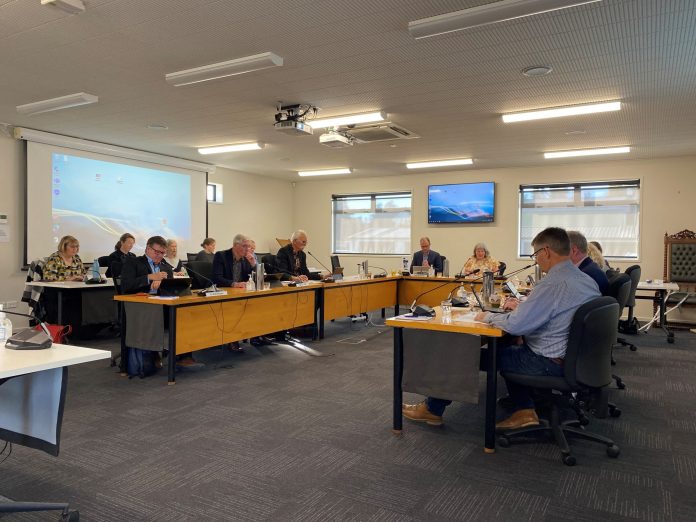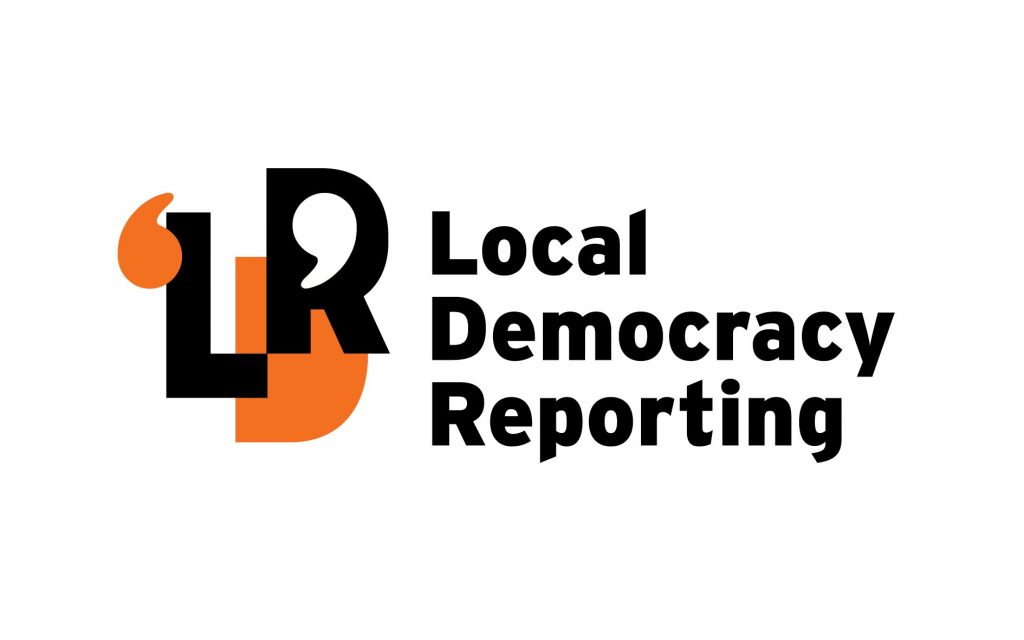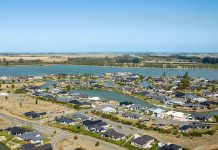
Ashburton’s mayor has fired a broadside at the Reserve Bank as the council deals with rising costs.
Mayor Neil Brown said the inflation problem is being driven by excessive interest rates – a claim the Reserve Bank disputed.
Ashburton is heading into its long-term plan budgets this week and Brown pointed to councils around the country forecasting double-digit rate rises next year.
“I would bet a few dollars on interest rates causing the problem.”
The latest financial variance report, for October 2023, presented at last week’s council meeting showed the Ashburton District Council’s external borrowing is at $105 million.
“I go back two years ago we were repaying about 2% interest. Today our highest is 6.2%,” Brown said.
It equates to an over 200% increase, tripling interest costs for the council, and therefore the ratepayers, he said.
Rising interest rates are probably causing a huge amount of inflation, he said.
“There’s one person in this country who can control that – the reserve bank governor – and he’s talking of increasing rates once again which will make the problem worse.”
Brown’s comments came after the Reserve Bank left the official cash rate unchanged at 5.5% at the end of November.
The Reserve Bank disagreed with the mayor’s assessment.
“Current levels of interest rates are working to bring down inflation, not adding to inflation,” a spokesperson said.
“Maintaining high interest rates will help to achieve our inflation objective – getting inflation back to within the 1% to 3% target band.
“High interest rates work to lower inflation by encouraging people to spend less and save more.
“This means demand for goods and services cools down, more into line with the ability to supply those goods and services.”
The OCR will be reviewed again at the end of February, and its forecast interest rate track suggests no rate cuts are on the horizon until mid-2025.
The Monetary Policy Committee noted that the average rate on outstanding mortgages is expected to increase from 5.4% to 6.4% by mid-2024.
The share of disposable income going to debt servicing for households with a mortgage is expected to increase from 15% to 19%.
Brown said commodity prices have stabilised but interest rates have not, and he believed they are too high in New Zealand.
“It is hitting every person who has a mortgage in this country hard.
“The big elephant in the room is our interest rates.
“We borrow as a country highly and we are now paying the price.”
Ashburton’s councillors will take their first look at the long-term plan budgets next week, but the financial report on Wednesday was a warning sign for Brown because interest costs are “three times what they were last time”.
“It’s going to make budgeting hard going forward and it has to be passed on,” Brown said.
Council set to balance the budgets
Across the country councils are signalling double digit rate rises and it will be revealed if Ashburton joins the club tomorrow.
The first long-term plan (LTP) budget workshop will set the scene for the priorities and direction of the Ashburton District Council for the next 10 years, and what that will mean for the ratepayers.
Interest rates and inflation costs are hitting councils and producing forecasts of double-digit rate raises as part of their long-term plan discussions.
It seems unlikely Ashburton will be an exception, considering annual inflation is sitting at 5.6% and community expectations.
The council’s LTP pre-engagement, aimed to identify the issues or areas of concern for the community, had almost 1000 survey responses and four workshops.
Suggestions coming through included introducing green waste bins and public transport services, as well as the perennial increase in road expenditure for the perceived pothole problem.
All things that will increase rates, on top of the external financial pressures, further.
Local Government NZ president and Selwyn District Mayor Sam Broughton told RNZ he expects many other councils to present double-digit rate rises in the coming weeks and months including his own.
“I haven’t seen the need for rates rises of this level since I’ve been elected since 2010,” Broughton said.
He wanted to see more funding tools for councils available soon, including fuel taxes, and congestion charges, and to see details on city and regional deals with central government that National had promised in the election.




